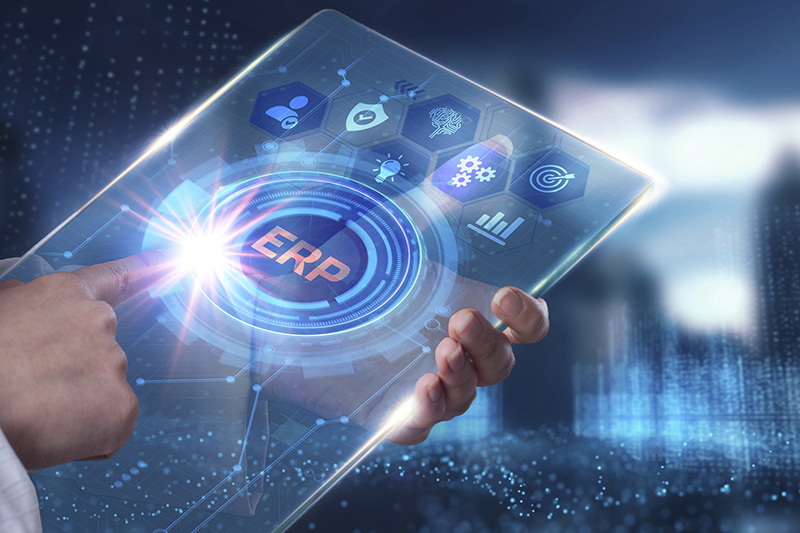AI and ERP Systems Leading the Transformation of the Plastics Industry in Malaysia
Over the last few years, the changes in the Malaysian plastics sector have been remarkably high, with the rise of such high-tech devices as artificial intelligence (AI) and enterprise resources planning (ERP) systems being the key driver. The once-and-for-all changes that these technologies have made are visible in the way firms control their operations, manage resources, and comply with environmental protectionism norms.
The introduction of AI agents along with ERP systems in the plastics industry becomes an arduous need, and the trend is out of the question. Companies have to switch to these technologies, being the only way to the end of efficiency and sustainability, amid the push for more efficient production processes and sustainable practices. AI, most markedly on MS OpenAI and GenAI networks, is the primary tool which provides for the access to large data sets, market prediction, and improved decision-making for the firms.

In addition to this, through AI, the firms are being able to boost the efficiency of their mould as well as by-product management by the application of resource management and waste minimization technologies.
ERP systems such as MRP and MRP systems are namely the key factor in the wave of operational improvement. These systems integrate various functions like CRP, MES, and IQC, offering a full picture of the production process. This integration brings about more convenient planning and execution, which leads to less downtime and higher productivity. The use of ERP systems simultaneously guarantees conformity with ISO standards and SDS requirements, which are crucial for achieving quality and safety in the plastics industry.
In Malaysia, the issue of environmental conservation has turned the focus on sustainable practices more than ever. The firms are thus using AI and ERP systems to help them keep track of and mitigate their environmental impact. They become greener by better utilization of resources and less production of waste with these technologies, which ensures the environmentally sound future of the plastics industry.
It is understandable that the joining of AI and ERP systems does not come without some challenges. Businesses have to make provision for the training and development to make sure their staff has the capacity for using such modern technologies properly. Despite difficulties that arise, the huge benefit of having the systems that give extra value at the time of market displacement is clearly visible.
The AI and ERP systems that support the plastics operations show us that technology is a basic and vital element that drives innovation and efficiency. As the Malaysian firms adopt these technologies, the potential for development and plastic industry sustainability grows tremendously.
A cloud-native ERP widely adopted by business in Singapore, Malaysia, Hong Kong and China. With over 6,000 customers in the region, aiM18 gains positive feedbacks from customer across different sectors, from manufacturers, distributors, retailers, service providers to NGOs. The renowned no-code approach saves customer a big sum of customization costs and countless hours of implementation man-days.
About LAIDFU (Let AI Do For You)
A configurable AI agent specifically designed for business use. Enterprise-class Data Guard functionality distinguishes LAIDFU from other consumer AI like chatbot or copywriting tools. Data Guard removes the hurdle of AI adoption by most companies in using sensitive corporate data. Powered by no-code approach, deployment of LAIDFU incurs far less developers (and development costs) in comparison with other AI studios.